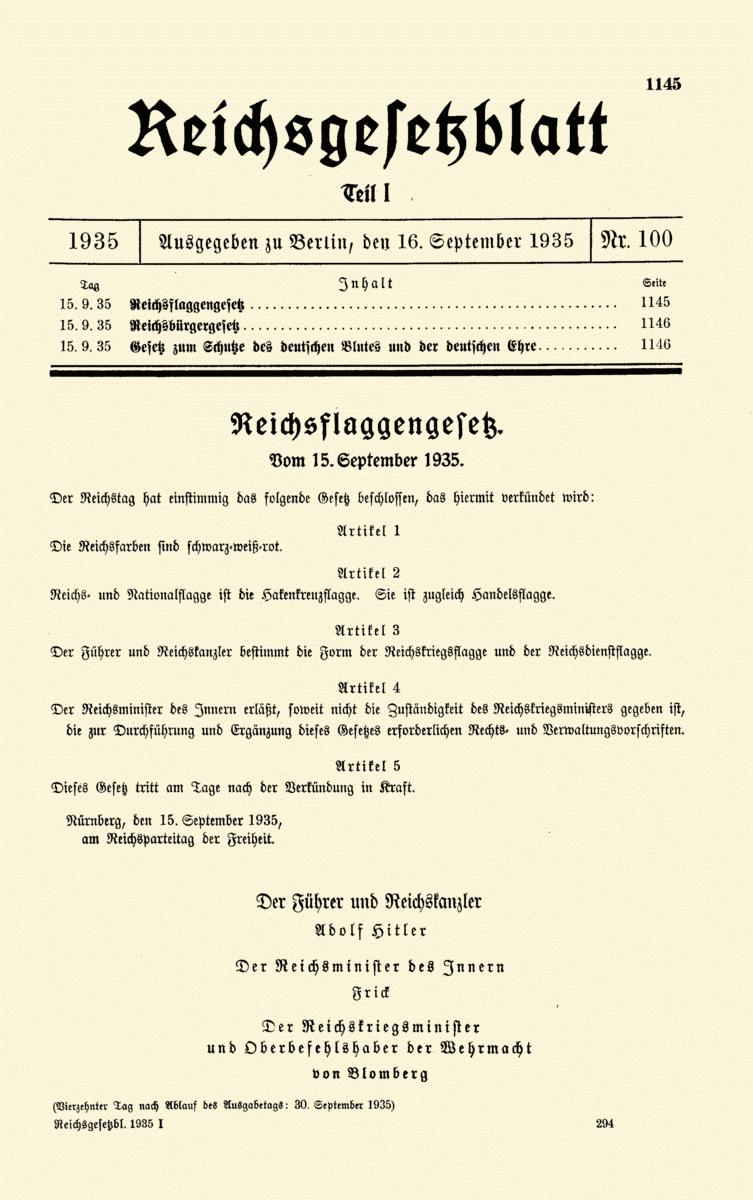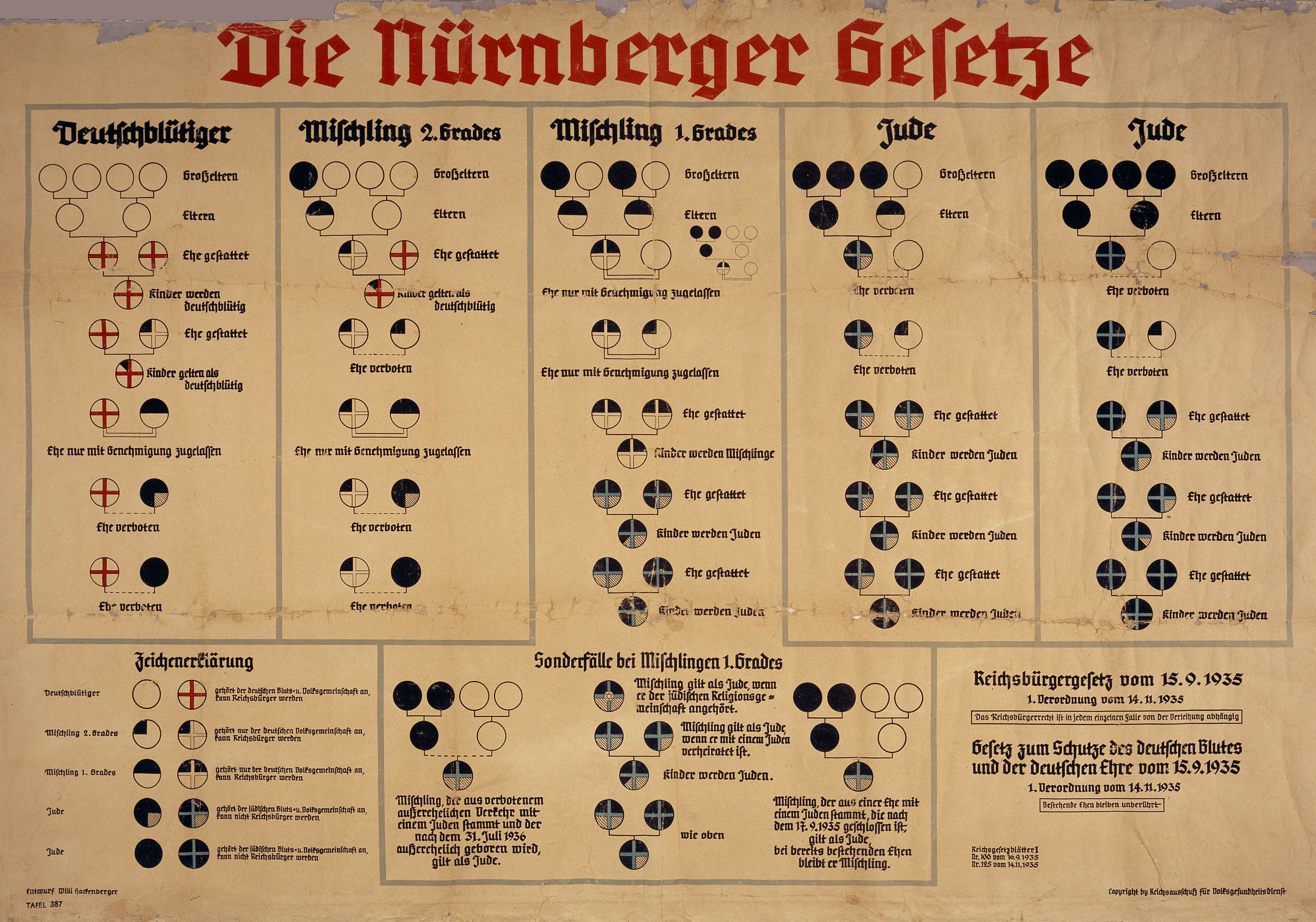|
Günther Freiherr Von Maltzahn
Günther Freiherr von Maltzahn (20 October 1910 – 24 June 1953) was a German military aviator and wing commander in the Luftwaffe during World War II. As a fighter ace, he was credited with 68 enemy aircraft shot down in 497 combat missions. He claimed 34 aerial victories over the Eastern Front and 34 aerial victories over the Western Front, including one four-engine bomber. He was awarded the Knight's Cross of the Iron Cross with Oak Leaves, which was Germany's highest military decoration at the time of its presentation to Maltzahn. Early life and career Maltzahn was born on 20 October 1910 in Wodarg, present-day a borough of Werder in Mecklenburg-Vorpommern, at the time a Province of Pomerania as part of the German Empire. According to Bryan Mark Rigg, Maltzahn was a quarter-Jew by the Nuremberg Laws. He was the third of six sons and twelve children in total of Gerhard von Maltzahn-Wodarg and his mother Helene von Borcke auf Demnitz und Millnitz. His father was the youn ... [...More Info...] [...Related Items...] OR: [Wikipedia] [Google] [Baidu] |
Pomerania Province (1815-1945)
Pomerania Province may refer to one of several provinces established in Pomerania, a region of Europe: *Swedish Pomerania (1630–1815), a historical province of Sweden *Province of Pomerania (1653–1815), a historical province of Brandenburg, later Brandenburg-Prussia *Province of Pomerania (1815–1945), a historical province of Prussia, later Germany See also *Pomerania (other) *Pomeranian Voivodeship, the name of several historical and one current province of Poland *West Pomeranian Voivodeship *Kuyavian-Pomeranian Voivodeship {{geodis Province name disambiguation pages ... [...More Info...] [...Related Items...] OR: [Wikipedia] [Google] [Baidu] |
Werder, Demmin
Werder is a municipality in the Mecklenburgische Seenplatte district, in Mecklenburg-Vorpommern, Germany Germany,, officially the Federal Republic of Germany, is a country in Central Europe. It is the second most populous country in Europe after Russia, and the most populous member state of the European Union. Germany is situated betwe .... References {{MecklenburgischeSeenplatte-geo-stub ... [...More Info...] [...Related Items...] OR: [Wikipedia] [Google] [Baidu] |
Reichswehr
''Reichswehr'' () was the official name of the German armed forces during the Weimar Republic and the first years of the Third Reich. After Germany was defeated in World War I, the Imperial German Army () was dissolved in order to be reshaped into a peacetime army. From it a provisional Reichswehr was formed in March 1919. Under the terms of the Treaty of Versailles, the rebuilt German army was subject to severe limitations in size and armament. The official formation of the Reichswehr took place on 1 January 1921 after the limitations had been met. The German armed forces kept the name 'Reichswehr' until Adolf Hitler's 1935 proclamation of the "restoration of military sovereignty", at which point it became part of the new . Although ostensibly apolitical, the Reichswehr acted as a state within a state, and its leadership was an important political power factor in the Weimar Republic. The Reichswehr sometimes supported the democratic government, as it did in the Ebert-G ... [...More Info...] [...Related Items...] OR: [Wikipedia] [Google] [Baidu] |
Abitur
''Abitur'' (), often shortened colloquially to ''Abi'', is a qualification granted at the end of secondary education in Germany. It is conferred on students who pass their final exams at the end of ISCED 3, usually after twelve or thirteen years of schooling (see also, for Germany, ''Abitur'' after twelve years). In German, the term has roots in the archaic word , which in turn was derived from the Latin (future active participle of , thus "someone who is going to leave"). As a matriculation examination, ''Abitur'' can be compared to A levels, the ''Matura'' or the International Baccalaureate Diploma, which are all ranked as level 4 in the European Qualifications Framework. In Germany Overview The ("certificate of general qualification for university entrance"), often referred to as ("''Abitur'' certificate"), issued after candidates have passed their final exams and have had appropriate grades in both the last and second last school year, is the document which contains t ... [...More Info...] [...Related Items...] OR: [Wikipedia] [Google] [Baidu] |
Secondary School
A secondary school describes an institution that provides secondary education and also usually includes the building where this takes place. Some secondary schools provide both '' secondary education, lower secondary education'' (ages 11 to 14) and ''upper secondary education'' (ages 14 to 18), i.e., both levels 2 and 3 of the International Standard Classification of Education, ISCED scale, but these can also be provided in separate schools. In the United States, US, the secondary education system has separate Middle school#United States, middle schools and High school in the United States, high schools. In the United Kingdom, UK, most state schools and Independent school, privately-funded schools accommodate pupils between the ages of 11–16 or 11–18; some UK Independent school, private schools, i.e. Public school (United Kingdom), public schools, admit pupils between the ages of 13 and 18. Secondary schools follow on from primary school, primary schools and prepare for voc ... [...More Info...] [...Related Items...] OR: [Wikipedia] [Google] [Baidu] |
Reichstag (German Empire)
The Reichstag () of the German Empire was Germany's lower house of parliament from 1871 to 1918. Within the governmental structure of the Reich, it represented the national and democratic element alongside the federalism of the Bundesrat and the monarchic and bureaucratic element of the executive, embodied in the Reich chancellor. Together with the Bundesrat, the Reichstag had legislative power and shared in decision-making on the Reich budget. It also had certain rights of control over the executive branch and could engage the public through its debates. The emperor had little political power, and over time the position of the Reichstag strengthened with respect to the Bundesrat. Reichstag members were elected for three year terms from 1871 to 1888 and following that for five years. It had one of the most progressive electoral laws of its time: with only a few restrictions, all men 25 and older were allowed to vote, secretly and equally. The Reichstag met throughout the First Wo ... [...More Info...] [...Related Items...] OR: [Wikipedia] [Google] [Baidu] |
Finance Minister
A finance minister is an executive or cabinet position in charge of one or more of government finances, economic policy and financial regulation. A finance minister's portfolio has a large variety of names around the world, such as "treasury", "finance", "financial affairs", "economy" or "economic affairs". The position of the finance minister might be named for this portfolio, but it may also have some other name, like "Treasurer" or, in the United Kingdom, " Chancellor of the Exchequer". The duties of a finance minister differ between countries. Typically, they encompass one or more of government finance, fiscal policy, and financial regulation, but there are significant differences between countries: * in some countries the finance minister might also have oversight of monetary policy (while in other countries that is the responsibility of an independent central bank); * in some countries the finance minister might be assisted by one or more other ministers (some supported ... [...More Info...] [...Related Items...] OR: [Wikipedia] [Google] [Baidu] |
Borcke
The von Borcke family also spelled von Bork, Borke or Borken, was a Pomeranian noble family of Slavic origin. Accordíng to Seweryn Uruski (1817-1890) the family was originally known as ''Borek'' or ''z Borku''. The family itself traces the name back to Pribislaus, son of Borko ("Pribislaus, Filius Borkonis"), who was mentioned in a medieval document in 1186/87. In 1297 Nikolaus Borko was the first to use this as a family name. Borcke may refer to: * Sidonia von Borcke Sidonia von Borcke (1548–1620) was a Pomeranian noblewoman who was tried and executed for witchcraft in the city of Stettin (today Szczecin, Poland). In posthumous legends, she is depicted as a '' femme fatale'', and she has entered English l ... (1548-1620), noble woman executed for witchcraft * Georg Matthias von Borcke (1671-1740) * Adrian Bernhard von Borcke (1668-1741) * Kaspar Wilhelm von Borcke (1704-1747) * Heinrich Adrian von Borcke (1715-1788) * Karl August Ferdinand von Borcke (1776-1830), ge ... [...More Info...] [...Related Items...] OR: [Wikipedia] [Google] [Baidu] |
Nuremberg Laws
The Nuremberg Laws (german: link=no, Nürnberger Gesetze, ) were antisemitic and racist laws that were enacted in Nazi Germany on 15 September 1935, at a special meeting of the Reichstag convened during the annual Nuremberg Rally of the Nazi Party. The two laws were the Law for the Protection of German Blood and German Honour, which forbade marriages and extramarital intercourse between Jews and Germans and the employment of German females under 45 in Jewish households; and the Reich Citizenship Law, which declared that only those of German or related blood were eligible to be Reich citizens. The remainder were classed as state subjects without any citizenship rights. A supplementary decree outlining the definition of who was Jewish was passed on 14 November, and the Reich Citizenship Law officially came into force on that date. The laws were expanded on 26 November 1935 to include Romani and Black people. This supplementary decree defined Romanis as "enemies of the rac ... [...More Info...] [...Related Items...] OR: [Wikipedia] [Google] [Baidu] |
Mischling
(; " mix-ling"; plural: ) was a pejorative legal term used in Nazi Germany to denote persons of mixed "Aryan" and non-Aryan, such as Jewish, ancestry as codified in the Nuremberg racial laws of 1935. In German, the word has the general denotation of hybrid, mongrel, or half-breed. Outside its use in official Nazi terminology, the term ''Mischlingskinder'' ("mixed children") was later used to refer to war babies born to non-white soldiers and German mothers in the aftermath of World War II. Nazi definitions of Mischling Since the Nazis were unable to find a racial definition of a "Jew", they instead relied on one's ancestors' religious backgrounds to determine whether someone was of "German or related blood" ("Aryan") or a "Jew" ("non-Aryan"). Thus, the Nuremberg Laws in 1935 defined a "full Jew" (''Istjude'' or ''Volljude'' in Nazi terminology) as a person – regardless of religious affiliation or self-identification – who had at least three grandparents who had been enro ... [...More Info...] [...Related Items...] OR: [Wikipedia] [Google] [Baidu] |
Bryan Mark Rigg
Bryan Mark Rigg (born March 16, 1971) is an American author and speaker. Biography Born and reared as a Baptist, Rigg studied at Phillips Exeter Academy, graduating in 1991 continued on to Yale University, and received his B.A. in 1996. He received a grant from the Henry Fellowship, to continue his studies in Cambridge University, where Rigg earned his doctorate in 2002. In the summer of 1994 he went to Germany, and met Peter Millies, an elderly man who helped Rigg understand the German in a movie they were watching, Europa Europa, about Shlomo Perl, a full Jew who "hid in plain sight" in the Nazi army, posing as a Volksdeutsche orphan named Josef Peters. Millies later told Rigg that he himself was a part-Jew, and introduced him to the subject which was to become his main research topic for many years. Rigg discovered a large number of "Mischlinge" (part-Jews) who were members of the National Socialist German Workers Party (or "Nazi" Party) and/or served in the German Armed Force ... [...More Info...] [...Related Items...] OR: [Wikipedia] [Google] [Baidu] |







